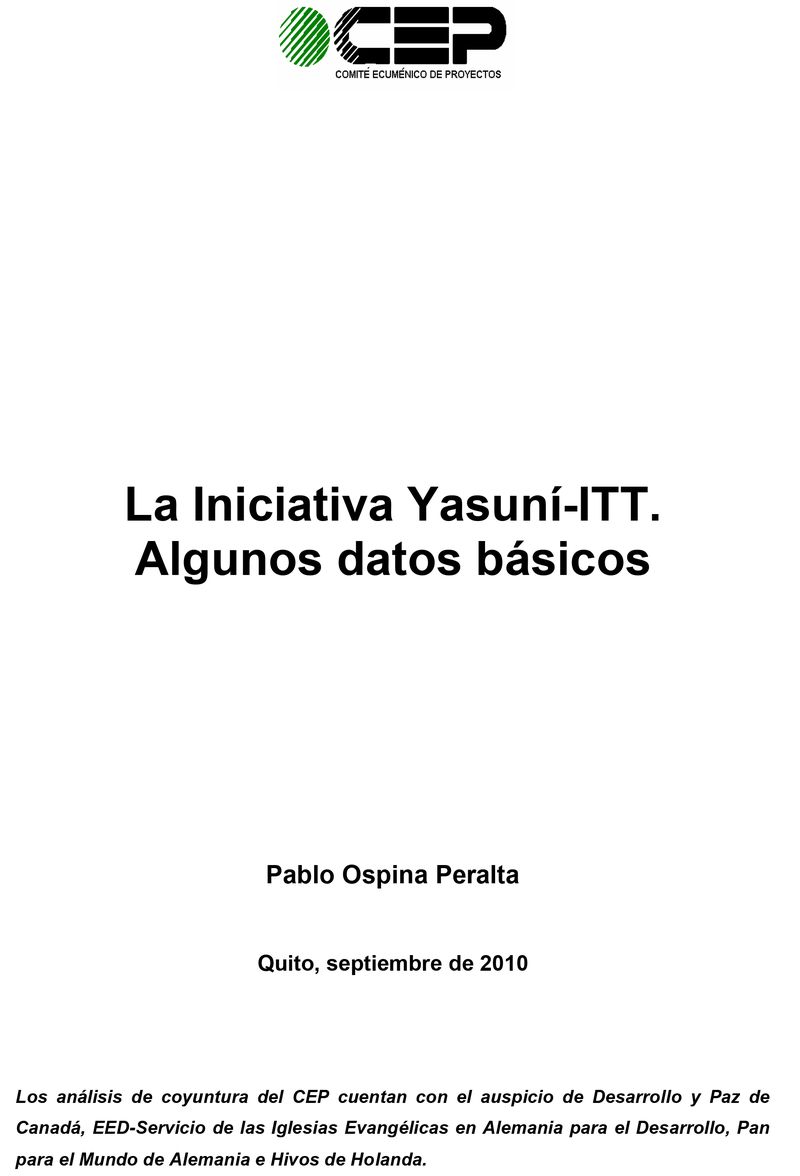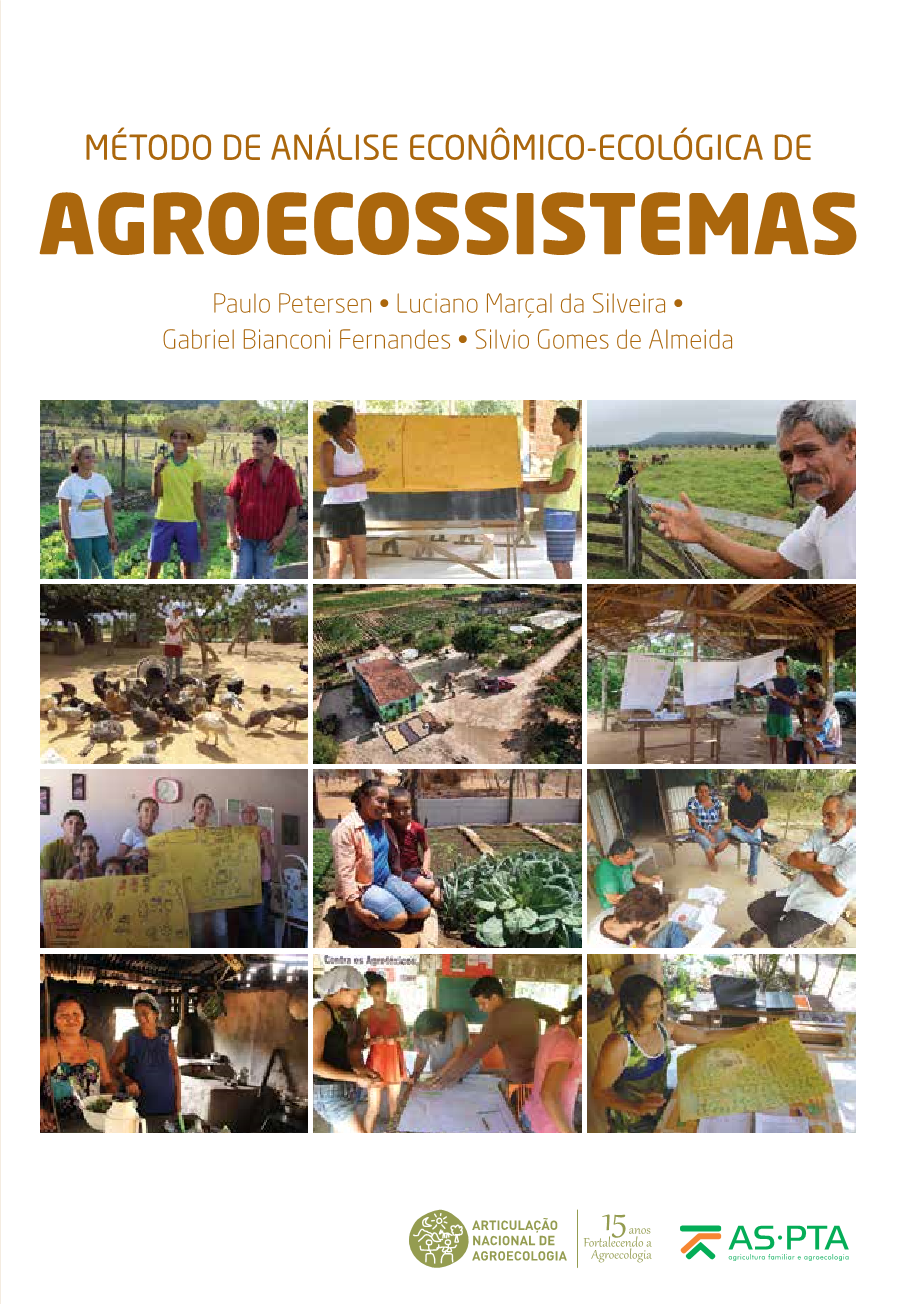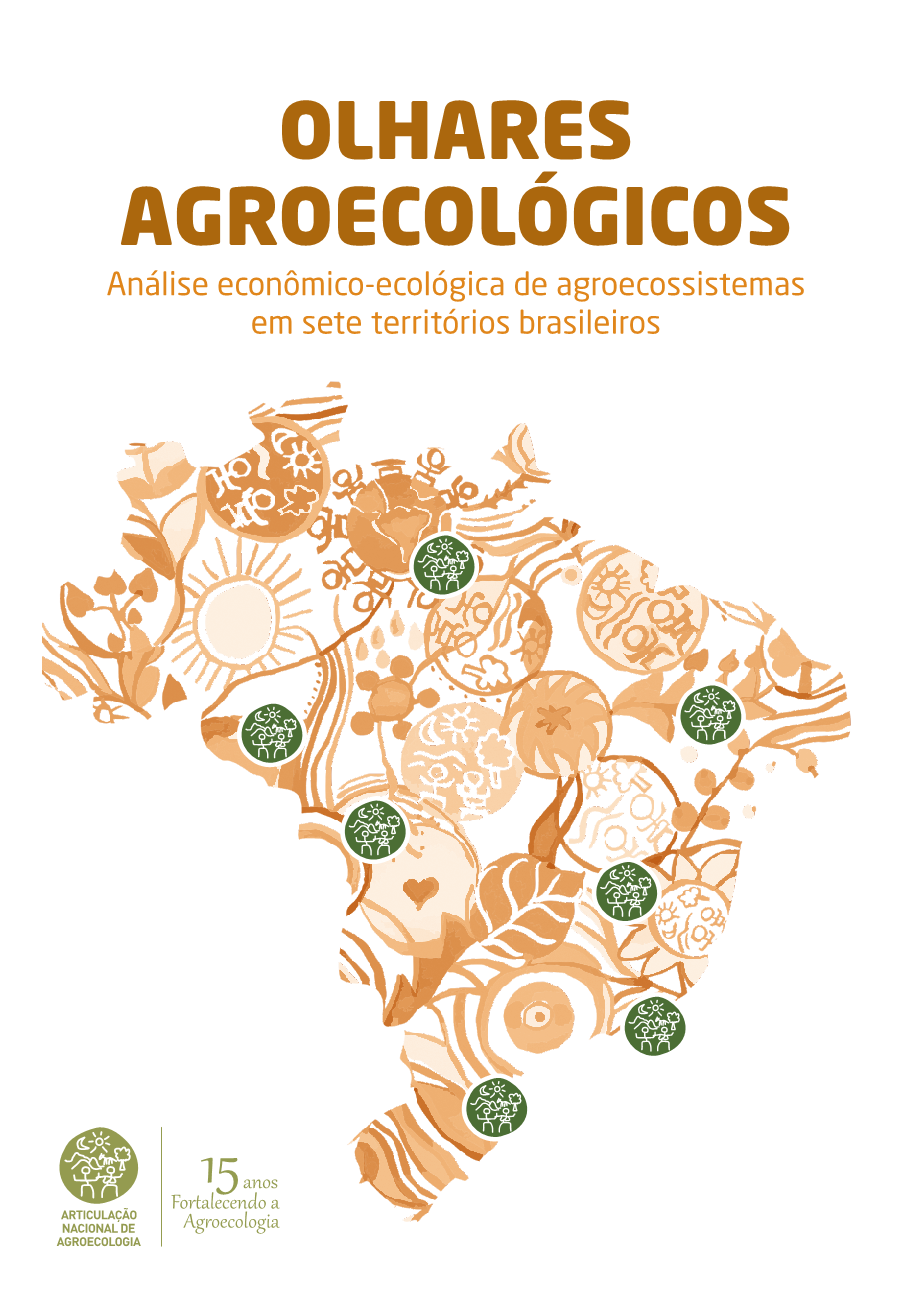Property rights, collective action, and agroforestry
In this brief, we explore the role that social institutions -specifically property rights and collective action - may play in the development of agroforestry.... In the future, property rights and collective action will play increasingly pivotal roles in defining rights and responsibilities over the externalities of tree management practices.












